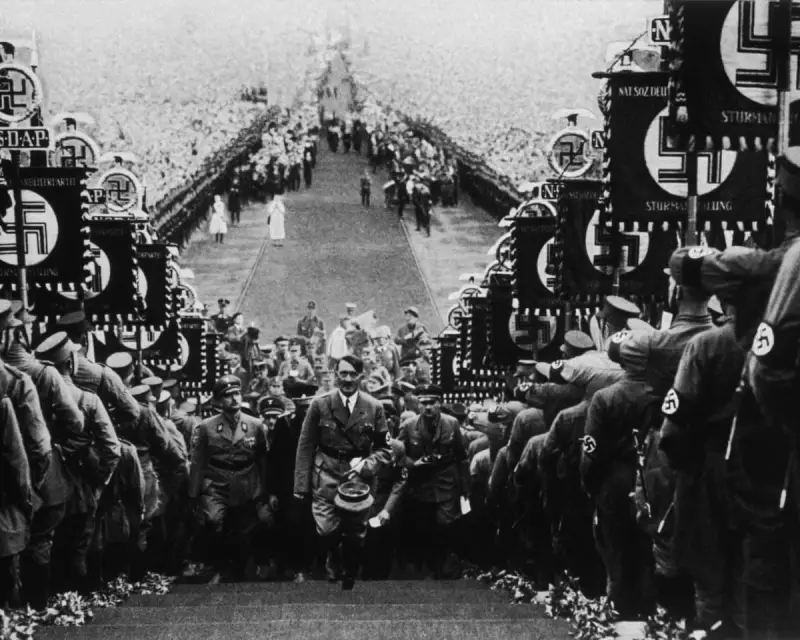
In an era of increasing political polarisation, an unexpected source is providing crucial insights into the complex psychology of extremism: literature. Groundbreaking research reveals that novels and literary fiction offer a unique window into understanding what drives individuals toward radical ideologies.
The Narrative of Radicalisation
Academic experts argue that traditional social science methods often fail to capture the emotional and psychological journey that leads to extremism. Literary fiction, with its deep character exploration and narrative complexity, provides something that data alone cannot: the human story behind the headlines.
Beyond Data and Statistics
Where quantitative research identifies patterns and correlations, literature illuminates the internal struggles, moral conflicts, and emotional turmoil that characterise the path to radicalisation. Classic and contemporary works alike demonstrate how feelings of alienation, identity crisis, and the search for meaning can create fertile ground for extremist ideologies.
Fiction as Early Warning System
Researchers suggest that literature doesn't just explain extremism after the fact—it can serve as an early detection system. By examining how characters are drawn to extreme movements in fiction, we can better recognise similar patterns unfolding in real societies.
The Power of Empathetic Understanding
Perhaps most importantly, literature fosters the empathetic understanding necessary to address root causes rather than just symptoms. Reading about a character's descent into extremism allows us to comprehend, without necessarily condoning, the complex human factors at play.
This interdisciplinary approach, merging literary analysis with political science and psychology, offers fresh hope for developing more effective strategies to counter radicalisation before it takes hold in vulnerable individuals.





